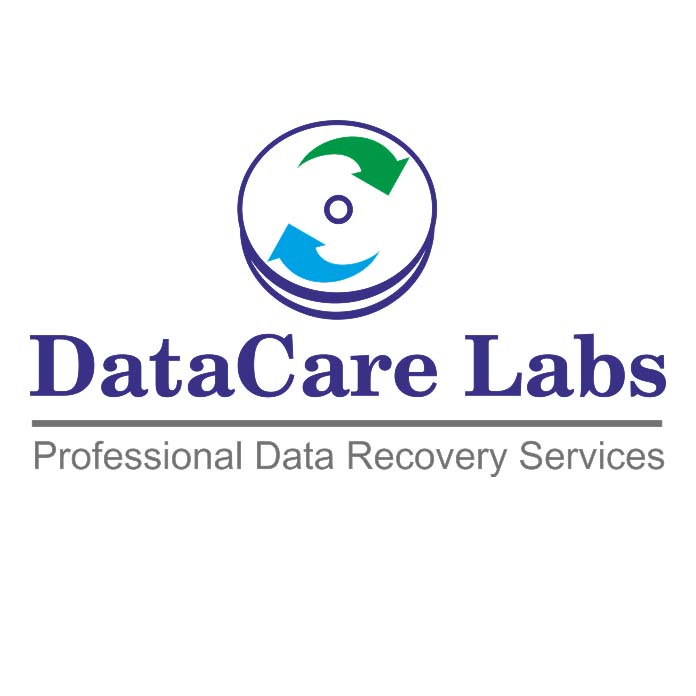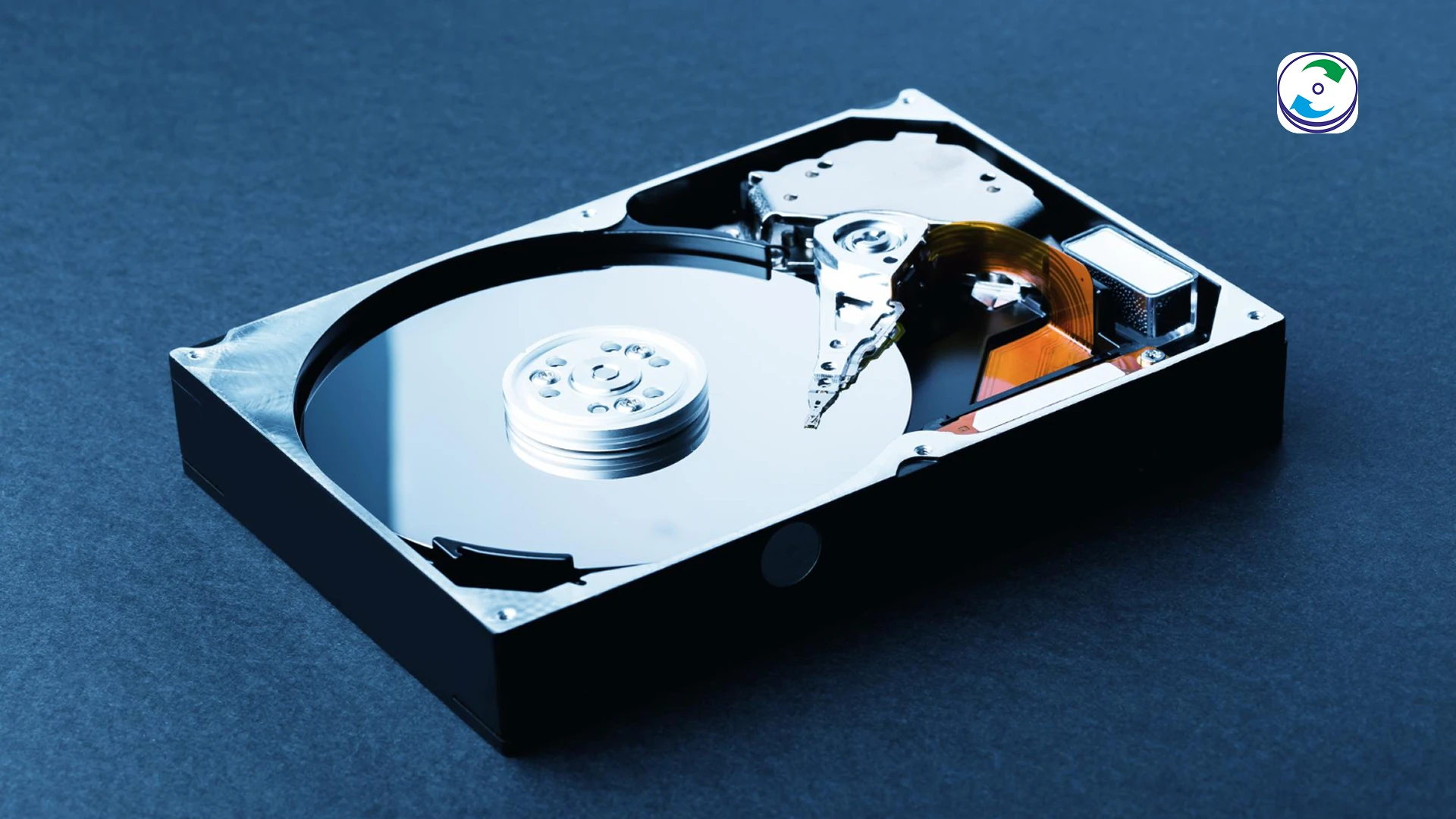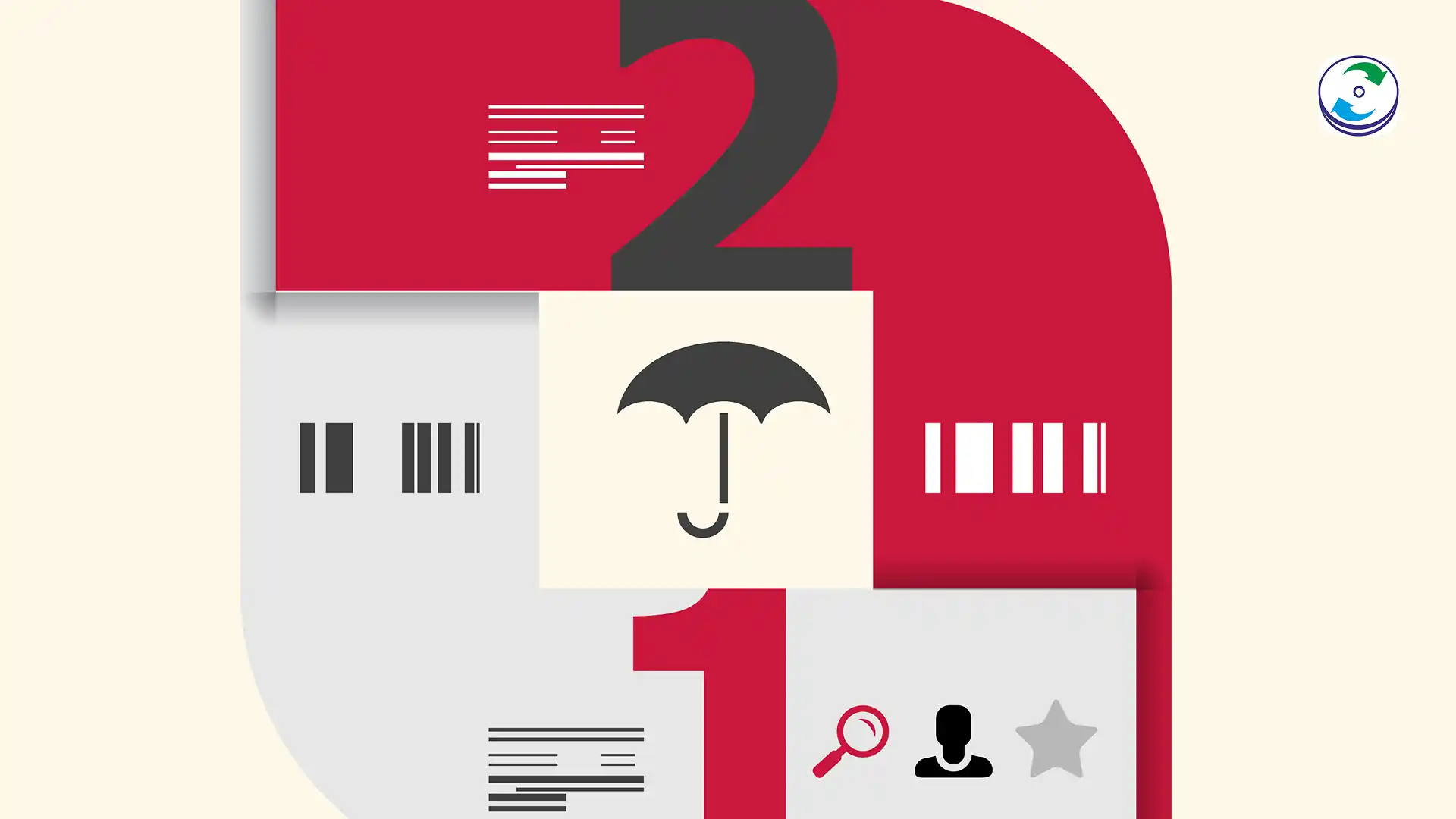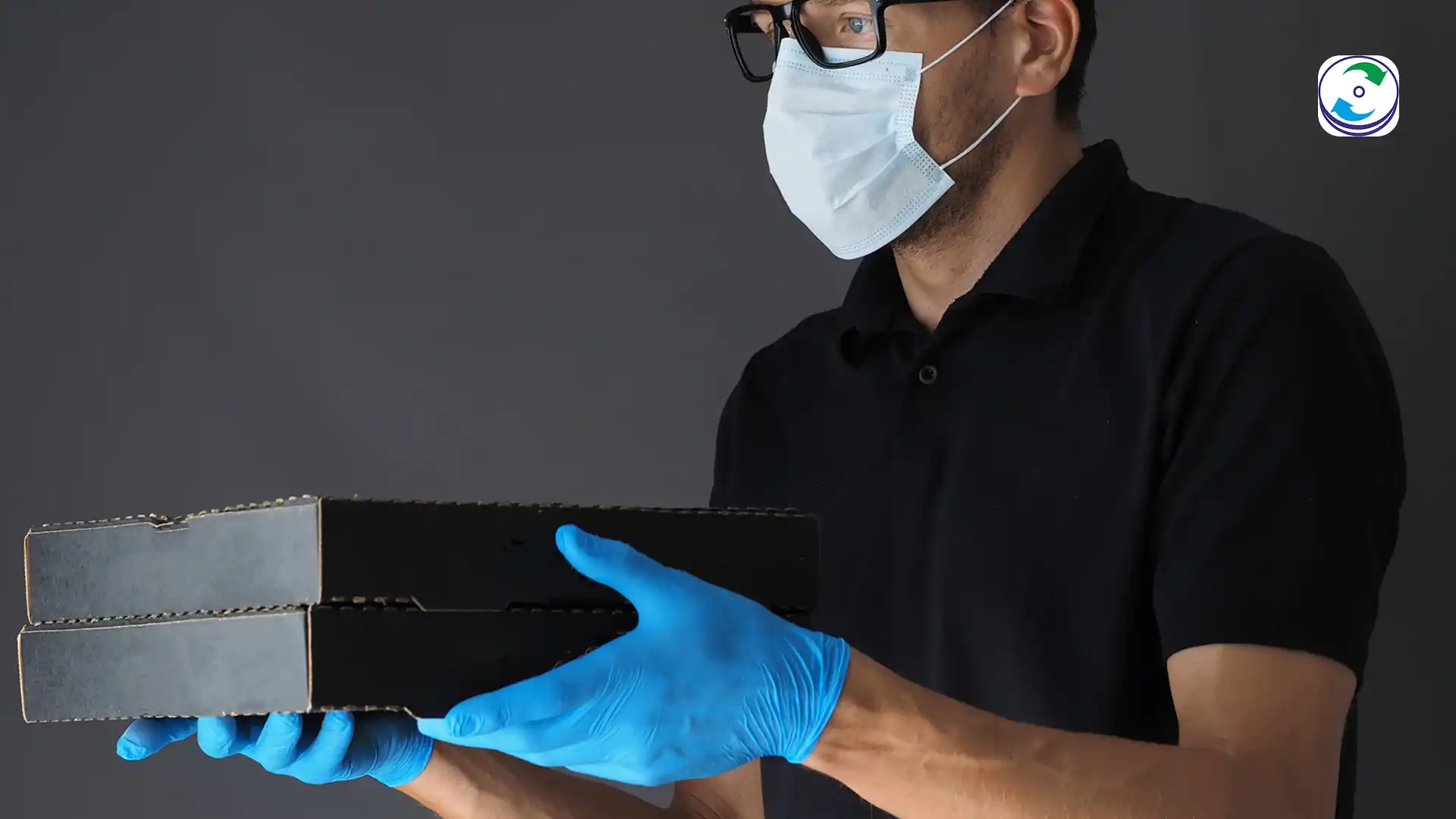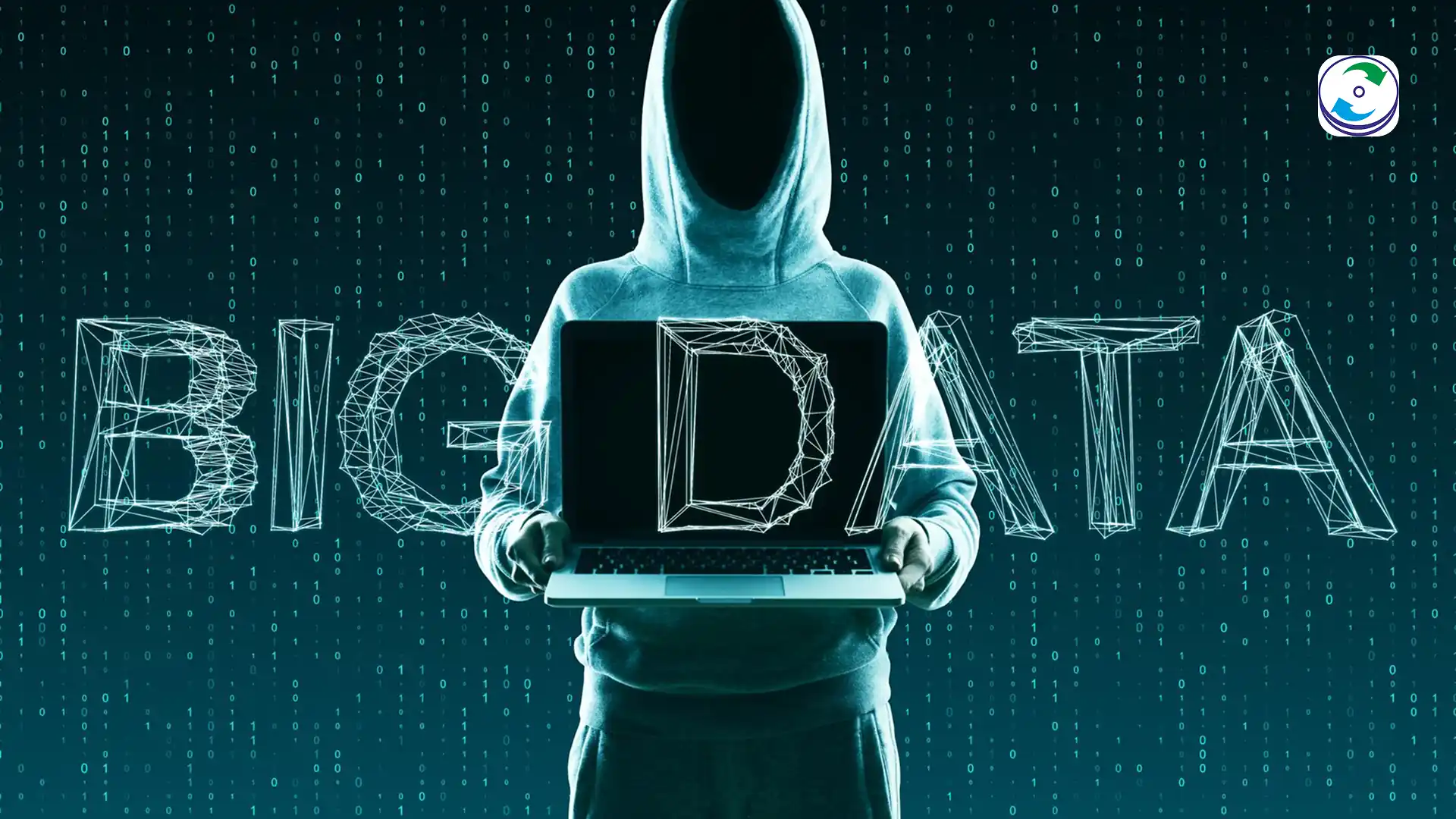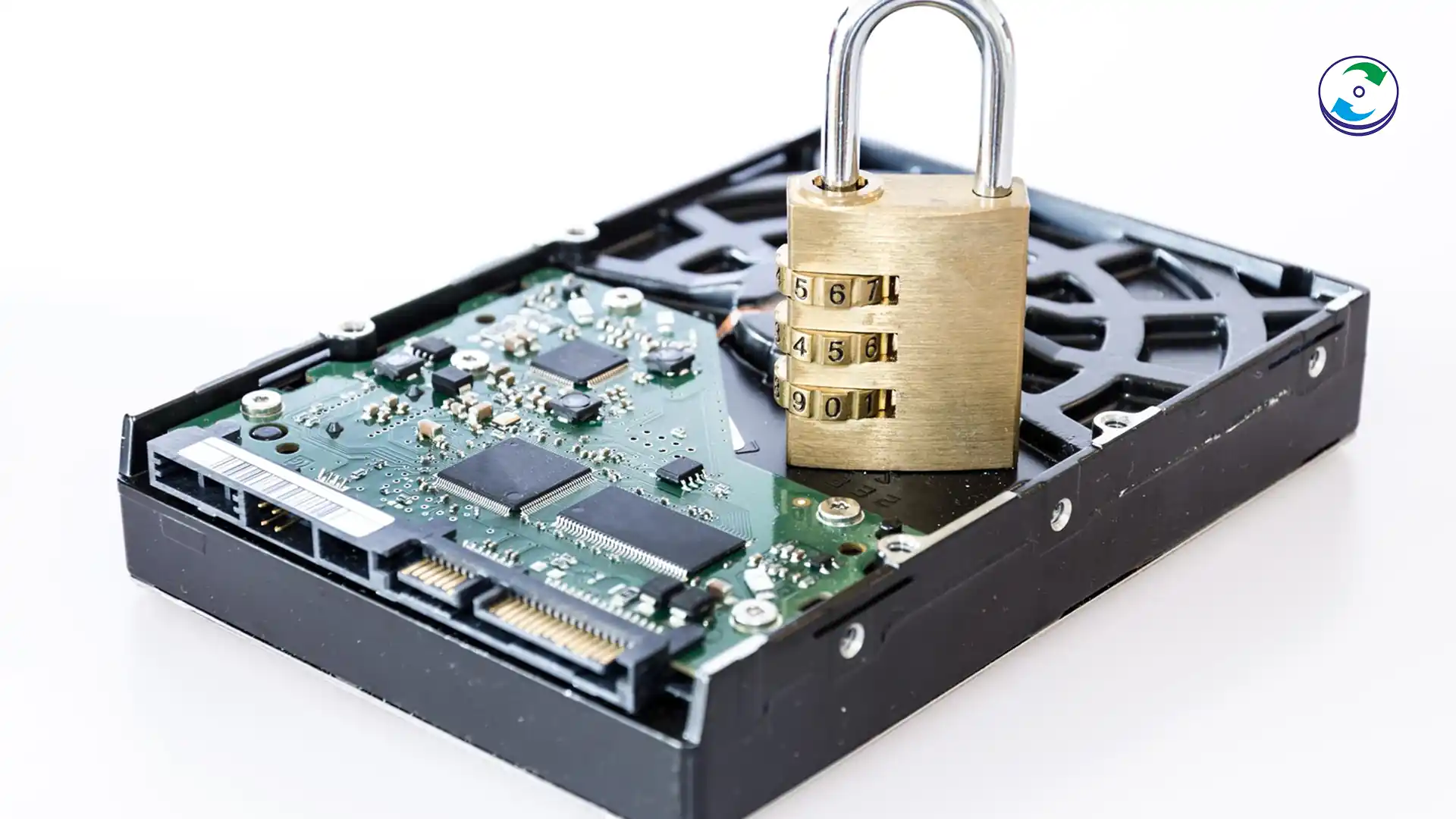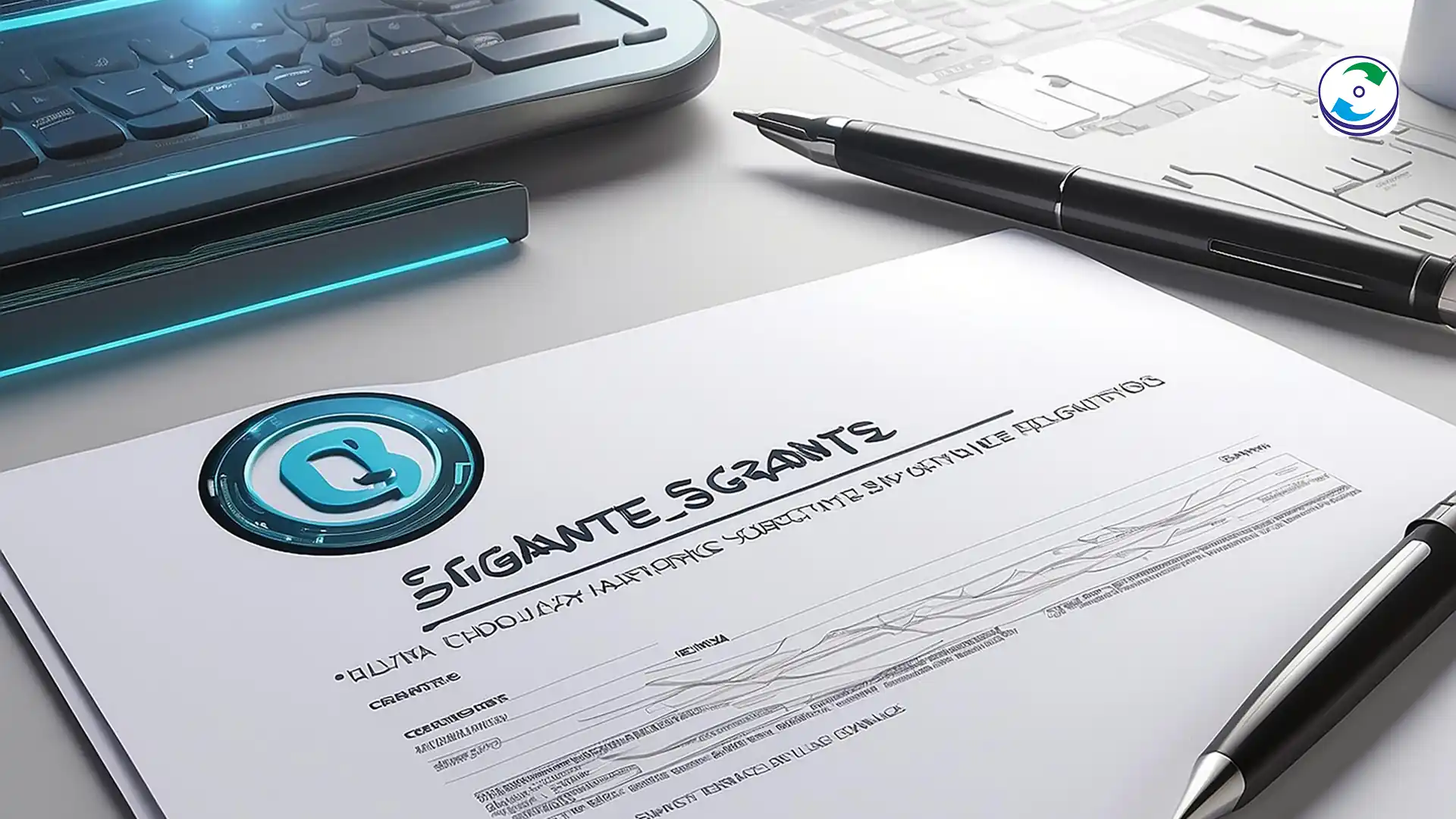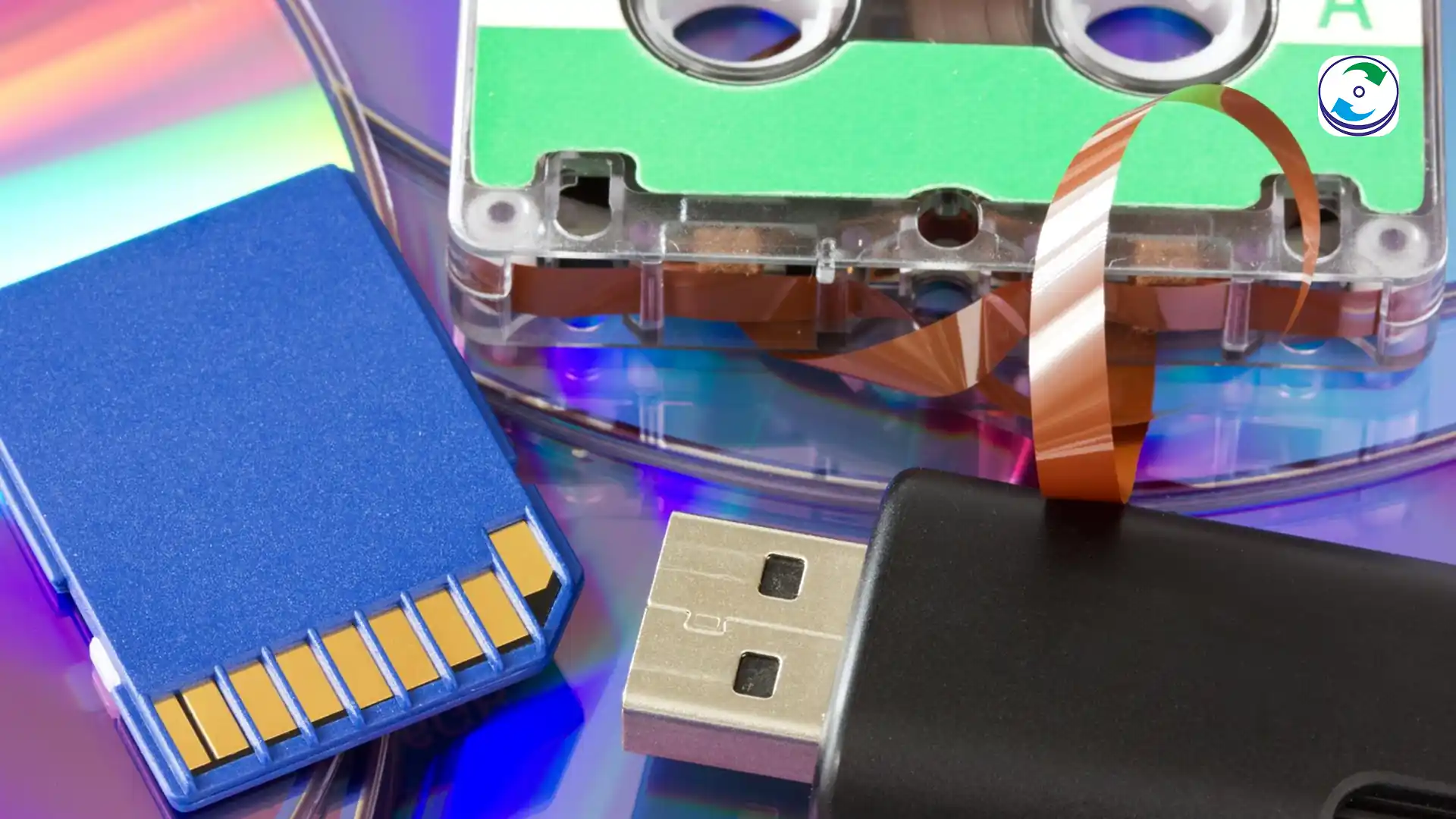Quantum Computing and Data Recovery: What the Future Holds for Your Encrypted Data

The Quantum Threat to Today’s Encryption
The digital world we inhabit is built on a foundation of cryptographic security. From online banking and confidential emails to encrypted hard drives and secure servers, our most sensitive data is protected by complex mathematical puzzles that are virtually impossible for today’s classical computers to solve. This cryptographic bedrock, however, is facing an unprecedented challenge from a technology that is no longer science fiction: quantum computing.
Quantum computers, with their ability to perform calculations at speeds exponentially faster than the most powerful supercomputers, have the potential to render our current encryption methods obsolete. The implications are profound, not just for cybersecurity but also for data recovery. If data is encrypted today and harvested by a malicious actor, it could be decrypted years from now by a sufficiently powerful quantum computer—a threat known as “Store Now, Decrypt Later.”
At DataCare Labs, we are not just focused on the data recovery challenges of the present; we are actively monitoring and preparing for the data security landscape of the future. Understanding the impact of quantum computing on encryption is crucial for every business and individual in Pune, Nashik, and across India who wants to secure their digital assets for the long term. This article will explore what quantum computing is, how it threatens current encryption, and what a “quantum-resistant” future means for data recovery.
What is Quantum Computing and Why is it a Game-Changer?
To understand the threat, we must first understand the technology. While a classical computer uses bits (0s and 1s) to store and process information, a quantum computer uses qubits. Qubits can exist in a state of superposition, meaning they can be a 0, a 1, or both at the same time. This unique property, along with entanglement, allows quantum computers to perform an immense number of calculations simultaneously, tackling problems that would take a classical computer billions of years to solve.
The game-changing discovery for cryptography was an algorithm developed by Peter Shor in 1994. Known as Shor’s algorithm, it provides a method for quantum computers to efficiently find the prime factors of large composite numbers.
The Weak Link: How Shor’s Algorithm Threatens RSA Encryption
Many of our most widely used encryption standards, such as RSA (Rivest–Shamir–Adleman) and Elliptic Curve Cryptography (ECC), rely on a very simple principle: it’s easy to multiply two large prime numbers together, but it’s incredibly difficult to factor that resulting large number back into its original primes. This one-way mathematical function forms the basis of public-key cryptography.
Shor’s algorithm, however, bypasses this complexity. When a sufficiently powerful quantum computer becomes available, it could use this algorithm to factor these large numbers in a matter of hours or days, completely compromising the security of today’s RSA and ECC-based encrypted data.
The Solution: Post-Quantum Cryptography (PQC)
Recognizing this impending threat, governments and organizations worldwide have been racing to develop new cryptographic algorithms that are secure against both classical and quantum computers. This field is known as Post-Quantum Cryptography (PQC) or “quantum-resistant cryptography.”
Leading the charge is the National Institute of Standards and Technology (NIST). NIST launched a global competition to solicit, evaluate, and standardize new quantum-resistant algorithms. After years of rigorous testing, NIST has now finalized the first set of PQC standards. These include new algorithms based on different mathematical problems, such as:
- Lattice-based cryptography: Algorithms like CRYSTALS-Kyber, which are based on the complexity of certain lattice problems.
- Hash-based cryptography: Methods like SPHINCS+, which use cryptographic hash functions.
These new standards are designed to replace the vulnerable algorithms like RSA and ECC, ensuring a secure digital future. However, migrating the world’s entire cryptographic infrastructure is a monumental task that will take years, if not decades.
What Does this Mean for Data Recovery?
In a quantum future, the role of a data recovery expert will become even more critical. Here’s why:
- “Harvest Now, Decrypt Later” Threat: Cybercriminals could be stealing encrypted data today, knowing that they can decrypt it in the future. This makes physical data security and integrity paramount. If a drive is compromised and data is extracted, even if it appears encrypted today, it’s at risk.
- The Need for Expert Handling of Encrypted Media: While your encryption may become less secure in the future, it’s still unbreakable by today’s means if a storage device fails. A broken hard drive, a failed RAID array, or a corrupted SSD still require the specialized skills and Class 100 Cleanroom facilities of a professional data recovery lab to physically retrieve the data. No quantum computer can recover data from a physically damaged drive.
- New Forensic Challenges: As quantum computing becomes a reality, it will also be a double-edged sword. While it can break encryption, it can also be used by digital forensics experts to analyze massive datasets much faster, helping to recover data and track cyberattacks in real-time. DataCare Labs will need to adapt its methodologies to leverage these new tools.
- The Importance of a Data Recovery Partner: Your BCDR (Business Continuity and Disaster Recovery) plan must evolve to include a “quantum-safe” data recovery strategy. This means not only migrating your data protection to PQC standards but also having a trusted partner like DataCare Labs who understands these complexities and can securely handle your encrypted media, both now and in the future.
Preparing for a Quantum-Secure Future with DataCare Labs
The timeline for a powerful quantum computer to emerge is still debated, but the cybersecurity community agrees that preparing now is not a matter of “if,” but “when.” This is especially true for businesses in Pune and across India that manage long-lived sensitive data, such as financial records, intellectual property, or medical data.
At DataCare Labs, our commitment to your data’s safety extends to this future threat. We provide services that are already quantum-resilient by their nature:
- Physical Data Recovery: Our expertise in recovering data from physically failed devices remains untouched by quantum advancements. We don’t need to break your encryption; we need to recover the raw data from the damaged media so you can access it with your own keys.
- Secure Handling: We maintain the highest standards of confidentiality and security, ensuring your data is protected during the entire recovery process. This includes secure data handling protocols that are critical against the “Store Now, Decrypt Later” threat.
- Expert Consultation: We can help you understand the risks associated with your current data protection strategies and advise on best practices for data backup and integrity in the face of evolving technological threats.
The quantum revolution is coming, and it will change the way we think about data security. By understanding the risks and preparing proactively, you can ensure that your most valuable asset—your data—remains secure, accessible, and recoverable, no matter what the future holds.

